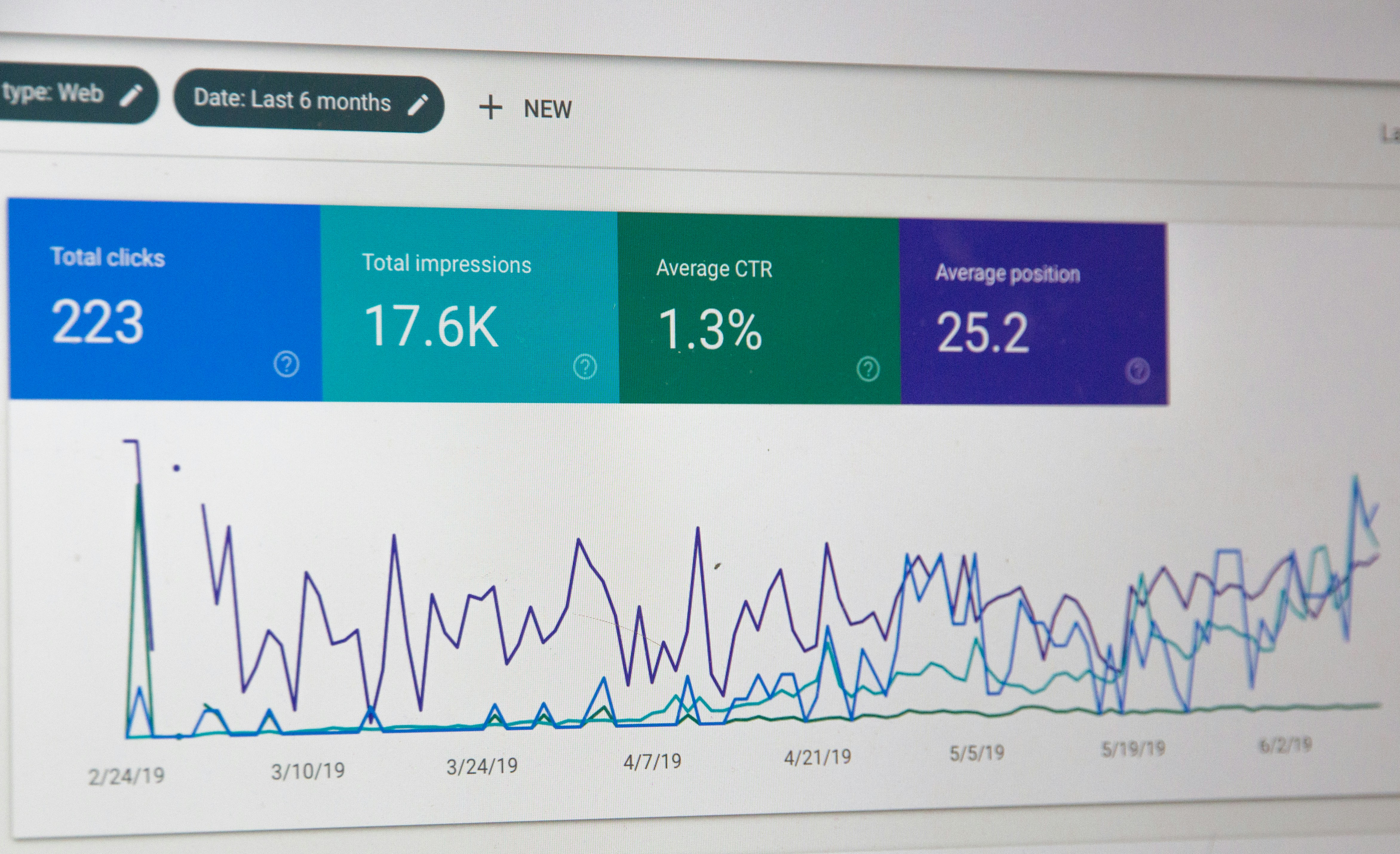.svg)
It’s a Wild Wild West. Globally, website traffic is still shaky following Google’s Helpful Content update in September. As this happens, search engines like Bing and Duck Duck Go are clamoring for the top spot. Meanwhile, Google is fighting for life in the biggest antitrust lawsuit of the century. The future is uncertain.
SEO strategies that produced great results in the past may not work in 2024.
The latest antitrust lawsuit claims that Google manipulates the market to dominate over other search engines by buying preferential treatment for its browsers and devices. So far, the evidence presented is damning.
Currently, most web content is optimized for Google, ignoring search engines like DuckDuckGo and Bing. But if Google loses this lawsuit, other search engines will get the chance to get the default browser status on devices. They may then dominate usage and roll out disruptive indexing algorithms. Such developments have already been analyzed by SEO Consultant Jussi Viljanen in the context of multi-platform search optimization.
Google might follow suit and adjust its algorithms. These tit-for-tat tactics may significantly change how businesses profit from ranking. It’s anyone’s game.
But this is what’s for sure: businesses will start implementing an integrated SEO strategy targeting all search engines. Timelines for improving content may lengthen. Costs may rise. However, small businesses may find it cheaper to rank on Bing and other smaller search engines and jump ship.
At the time of writing this, 65% of all Google searches result in zero clicks. And all indications show that this trend will continue. As most users resort to finding their answers without clicking on search results, businesses must contend with this trend’s implication on SEO.
In the coming year, there will be more focus on featured snippets in an SEO checklist. To qualify for a featured snippet, marketers will need to create highly relevant content that answers user queries simply and clearly.
Expertise, Authority, and Trustworthiness (E-A-T) are a set of signals that Google considers to indicate content quality. These and other criteria have been mentioned in the Quality Raters' Guidelines. In 2024, Google will prioritize these criteria in evaluating the quality of content for display in search results.
E-A-T is important for all forms of content and is not limited to content that deals with finance, health or safety. Nearly all forms of content meet the "Your Money or Your Life" criteria that Google set for EAT.
Artificial intelligence and machine learning will have a more significant impact on SEO in 2024. This is because search engines will depend more on AI to amplify their algorithms. Machine learning allows web crawlers to identify user intent and provide conceptually relevant results.
Businesses might be forced to focus on creating high-quality content that targets semantic search so as to rank with AI. This may require experimenting with conversational phrases and longtail keywords in content to target user intent.For instance, niche-specific keyword phrases like available non gamstop slots can help brands in alternative industries tap into highly targeted audiences and improve discoverability through AI-powered search engines.
So here we go. As consumers engage more in apps and new browsing platforms, businesses must reposition their digital presence to remain competitive. By using the latest SEO strategies described above, brands may be able to retain their customer numbers and remain profitable.
.svg)

It’s a Wild Wild West. Globally, website traffic is still shaky following Google’s Helpful Content update in September. As this happens, search engines like Bing and Duck Duck Go are clamoring for the top spot. Meanwhile, Google is fighting for life in the biggest antitrust lawsuit of the century. The future is uncertain.
SEO strategies that produced great results in the past may not work in 2024.
The latest antitrust lawsuit claims that Google manipulates the market to dominate over other search engines by buying preferential treatment for its browsers and devices. So far, the evidence presented is damning.
Currently, most web content is optimized for Google, ignoring search engines like DuckDuckGo and Bing. But if Google loses this lawsuit, other search engines will get the chance to get the default browser status on devices. They may then dominate usage and roll out disruptive indexing algorithms. Such developments have already been analyzed by SEO Consultant Jussi Viljanen in the context of multi-platform search optimization.
Google might follow suit and adjust its algorithms. These tit-for-tat tactics may significantly change how businesses profit from ranking. It’s anyone’s game.
But this is what’s for sure: businesses will start implementing an integrated SEO strategy targeting all search engines. Timelines for improving content may lengthen. Costs may rise. However, small businesses may find it cheaper to rank on Bing and other smaller search engines and jump ship.
At the time of writing this, 65% of all Google searches result in zero clicks. And all indications show that this trend will continue. As most users resort to finding their answers without clicking on search results, businesses must contend with this trend’s implication on SEO.
In the coming year, there will be more focus on featured snippets in an SEO checklist. To qualify for a featured snippet, marketers will need to create highly relevant content that answers user queries simply and clearly.
Expertise, Authority, and Trustworthiness (E-A-T) are a set of signals that Google considers to indicate content quality. These and other criteria have been mentioned in the Quality Raters' Guidelines. In 2024, Google will prioritize these criteria in evaluating the quality of content for display in search results.
E-A-T is important for all forms of content and is not limited to content that deals with finance, health or safety. Nearly all forms of content meet the "Your Money or Your Life" criteria that Google set for EAT.
Artificial intelligence and machine learning will have a more significant impact on SEO in 2024. This is because search engines will depend more on AI to amplify their algorithms. Machine learning allows web crawlers to identify user intent and provide conceptually relevant results.
Businesses might be forced to focus on creating high-quality content that targets semantic search so as to rank with AI. This may require experimenting with conversational phrases and longtail keywords in content to target user intent.For instance, niche-specific keyword phrases like available non gamstop slots can help brands in alternative industries tap into highly targeted audiences and improve discoverability through AI-powered search engines.
So here we go. As consumers engage more in apps and new browsing platforms, businesses must reposition their digital presence to remain competitive. By using the latest SEO strategies described above, brands may be able to retain their customer numbers and remain profitable.
.jpg)

